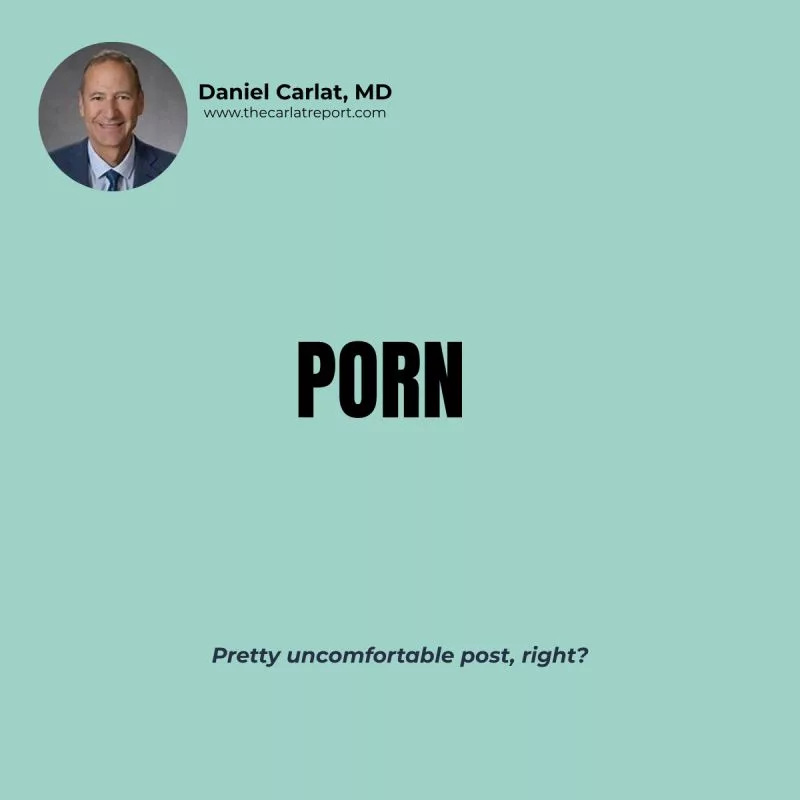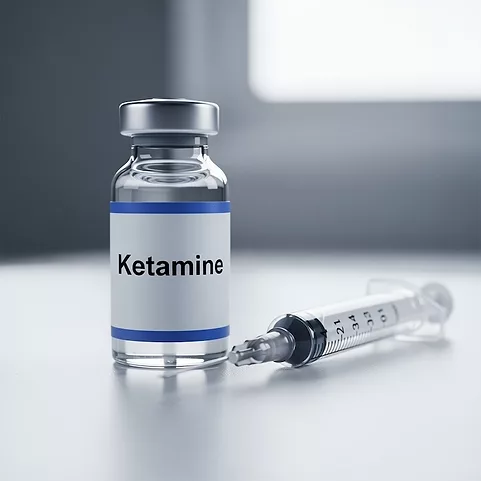Do you ask your patients about their porn use? Why or why not?
And if you don’t—what would it take to start?
We ask about alcohol.
We ask about weed.
Sometimes we even ask about TikTok.
But porn?
Despite the fact that:
→ 70% of men and 40% of women view porn online
→ 90% of Gen Z men consume it regularly
→ 7–11% of users describe their use as addictive …only a small minority of clinicians screen for it at all.
Why am I writing about this now?
Because The Free Press just ran a candid, eye-opening piece on pornography's effects on young men:
→ Avoidance of real-life relationships
→ Decreased sexual confidence and intimacy
→ Emotional numbness and shame
→ Social withdrawal and distorted expectations of connection
Many are trying to quit.
But they’re turning to apps—not therapists.Enter Quittr.
A Gen-Z-designed app with nearly 1 million downloads, Quittr blends digital detox with dopamine repair:
→ Daily check-ins and dopamine-stabilizing routines
→ Panic button that turns on your front camera before a relapse
→ AI therapist and peer support forum
→ Motivation reminders (“You said you wanted a better relationship with your partner…”)
It’s basically CBT with TikTok aesthetics.
And based on its popularity and anecdotal reports, it appears to be effective.
So what can we clinicians do?
When we interviewed Dr. Peter Kleponis in The Carlat Addiction Treatment Report back in 2017, he outlined a 7-point recovery model that still holds up:
1. Honesty & triggers: Know what pulls you in. Create a battle plan.
2. Purify access: Not just filters—but real accountability software.
3. Support: 12-step or peer groups work. Isolation doesn’t.
4. Counseling: Address trauma. This isn’t just about sex.
5. Spiritual plan: Recovery is bigger than impulse control.
6. Education: Redefine intimacy and healthy sexuality.
7. Virtue over shame: The goal isn’t abstinence. It’s transformation.
How should you ask about porn?
You don’t need a moral stance.
You need a clinical one.
“I ask all my patients about things that can affect their mental health—substances, screen time, and online porn use. Has that ever felt hard to control or like it’s affecting your mood or relationships?”
→ Normalize it.
→ Ask behaviorally.
→ Link it to functioning.
That’s our job.
So I’ll ask again: Do you ask about porn use? Why or why not?
And if you don’t—what would it take to start?
Join the conversation on LinkedIn with Dr. Carlat.


_-The-Breakthrough-Antipsychotic-That-Could-Change-Everything.webp?t=1729528747)



